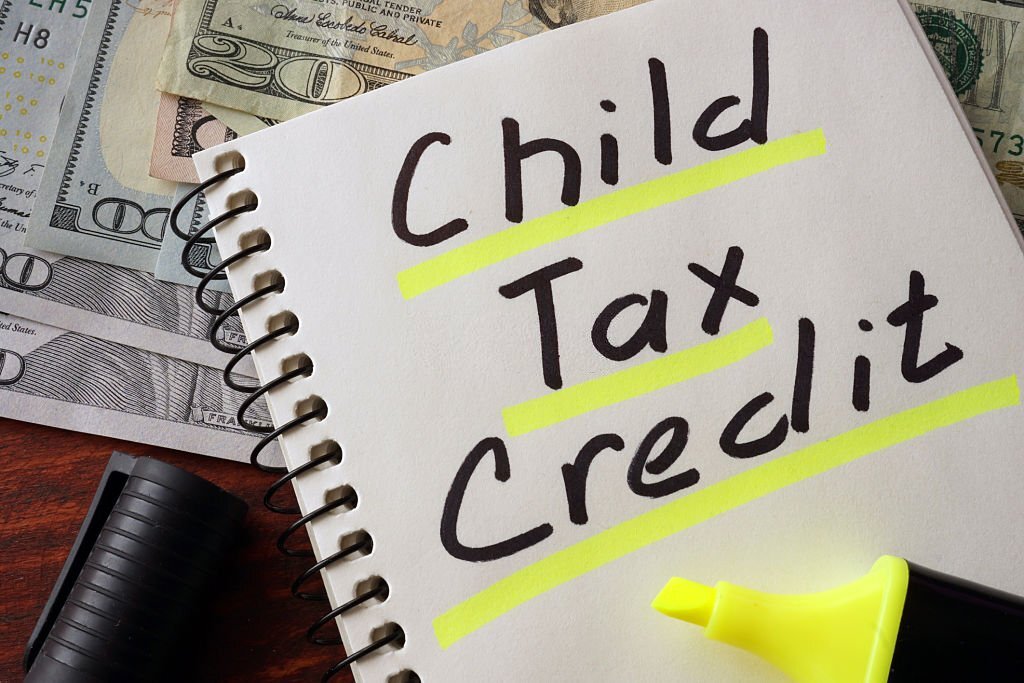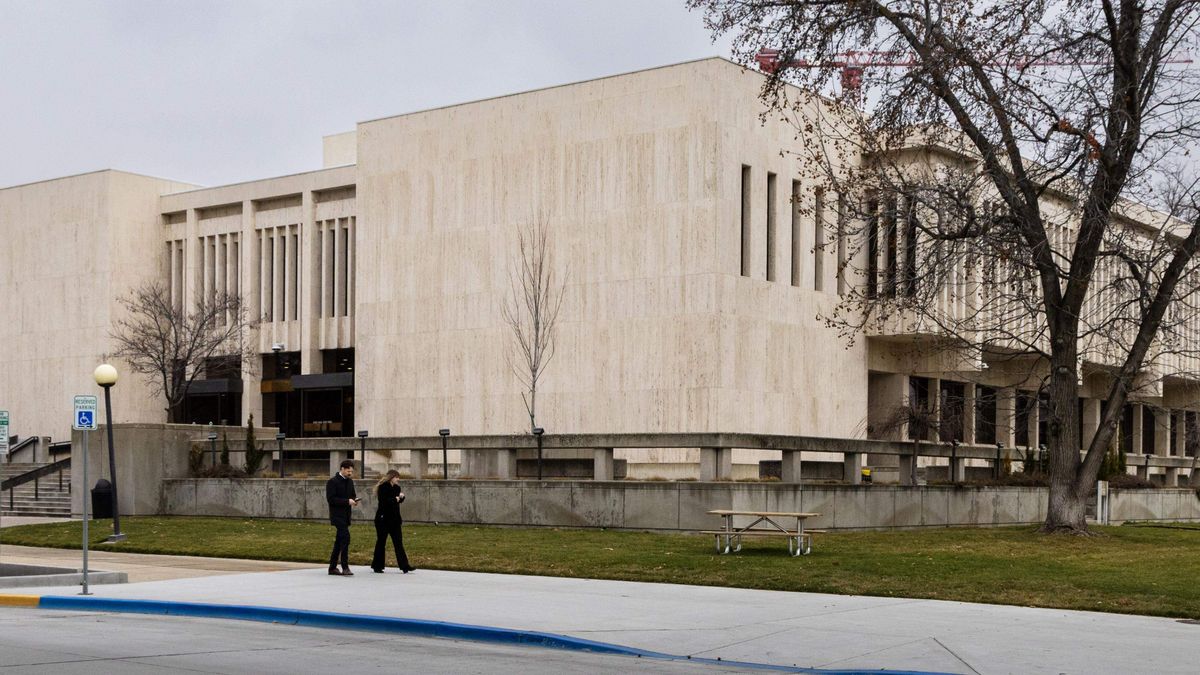By Laura Weiss, CQ-Roll Call (TNS)
A bipartisan group of House members that’s played a role in brokering recent legislative deals plans to work on a proposal to beef up an existing tax credit for families with young children.
Problem Solvers Caucus co-chair Brian Fitzpatrick, R-Pa., said the group is planning to launch a subcommittee to work on issues associated with the child tax credit, which currently provides up to $2,000 per child. That’s a smaller benefit than one in place during 2021 but would be cut in half and apply to many fewer households after 2025 without congressional action.
Fitzpatrick, a Ways and Means Committee member, said the child tax credit came up during discussions about the debt limit earlier this year, as the Problem Solvers Caucus aimed to build consensus around measures that could be paired with an increase. The group now plans to continue discussions on that issue and others with bipartisan interest after the debt ceiling package didn’t address the matter.
The Problem Solvers Caucus includes 64 members evenly split between Republicans and Democrats who aim to work across the aisle, often taking on high-profile issues. The group typically requires 75% support among its members to endorse proposals.
Whether a bipartisan tax package comes together this year may hinge on negotiations around the child tax credit. Democrats have said a tax package extending business breaks will need to be balanced with tax measures to boost the social safety net, with some specifically naming the child credit.
Fitzpatrick, a rare Republican from a district President Joe Biden won in 2020, said he has an interest in aiding lower-income households that earn too little to get benefits under the current child tax credit.
Fitzpatrick has won convincingly in recent elections but is still on the Democrats’ target list for next year. He plans to ask Rep. Jared Golden, a Maine Democrat, to be involved in the child tax credit discussions.
When Democrats were considering extending their child tax credit expansion last Congress, Golden said the benefit should be better targeted to benefit lower-income households, for a longer period of time. The current maximum credit applies to households earning up to $400,000.
“If we are serious about making this provision last, we should reform the credit to focus on working- and middle-class families and use the resulting savings to extend the benefit improvements further into the future,” he said in a 2021 Medium post. “It remains unacceptable to spend billions on families earning as much as $400,000 when those funds could be repurposed to give certainty to children that most need the help.”
Golden also specifically praised his party’s proposal to permanently make the credit fully refundable, which would have meant that families who owe little or nothing in federal income taxes could still claim the full amount.
A spokesperson for Golden did not immediately respond to a request for comment.
Golden represents a more rural, swing district that’s one of five represented by Democrats whose constituents backed former President Donald Trump in 2020. Golden has repeatedly broken with his party on major legislation.
He’s among Democrats that the party’s House campaign arm, the Democratic Congressional Campaign Committee, is giving extra support in the 2024 elections as part of its Frontline program. Golden has repeatedly been a target of Republicans as the parties jockey for control of the House.
Senate hearing
While House centrists seek common ground on the child benefit, Senate Democrats have been highlighting their goal of reviving a 2021 expansion that created a fully refundable credit, paid in monthly checks that were worth a total of up to $3,600 per child each year.
Top Republicans have said they’re not interested in a revival of Democrats’ signature expansion. Still, there were hints at a Senate Finance’s Taxation and IRS Oversight Subcommittee hearing last week of potential interest in working across the aisle on the child credit.
Subcommittee Chair Michael Bennet, D-Colo., and Ron Johnson, R-Wis., agreed in an unusual exchange that for decades, economic growth has benefitted the wealthy while leaving the middle class behind and keeping lower-income households in poverty, including children.
Johnson urged Bennet to hold a series of roundtable discussions for lawmakers to work on the child credit and ways to alleviate child poverty, a proposal Bennet said he’d consider.
“I think we will find far more areas of agreement and learn from each other,” Johnson said.
The subcommittee’s ranking member, John Thune of South Dakota, said ahead of the hearing that Republicans would like to extend their expansion of the child credit from the party’s 2017 tax law that’s currently set to expire after 2025. He said the GOP is open to proposals from Democrats, but not their full 2021 expansion.
“A lot of support among Republicans for the CTC, but the way [Democrats] widened the eligibility and increased the amount has made this thing balloon in terms of the [cost],” said Thune, the No. 2 Senate Republican.
The Congressional Budget Office has estimated that making the current-law child tax credit permanent would cost $600 billion-plus through fiscal 2033, while enlarging it back to 2021 policy could cost over $100 billion per year.
_____
©2023 CQ-Roll Call Inc. Visit at rollcall.com. Distributed by Tribune Content Agency LLC.
Thanks for reading CPA Practice Advisor!
Subscribe Already registered? Log In
Need more information? Read the FAQs
Tags: Benefits, Income Taxes, IRS




